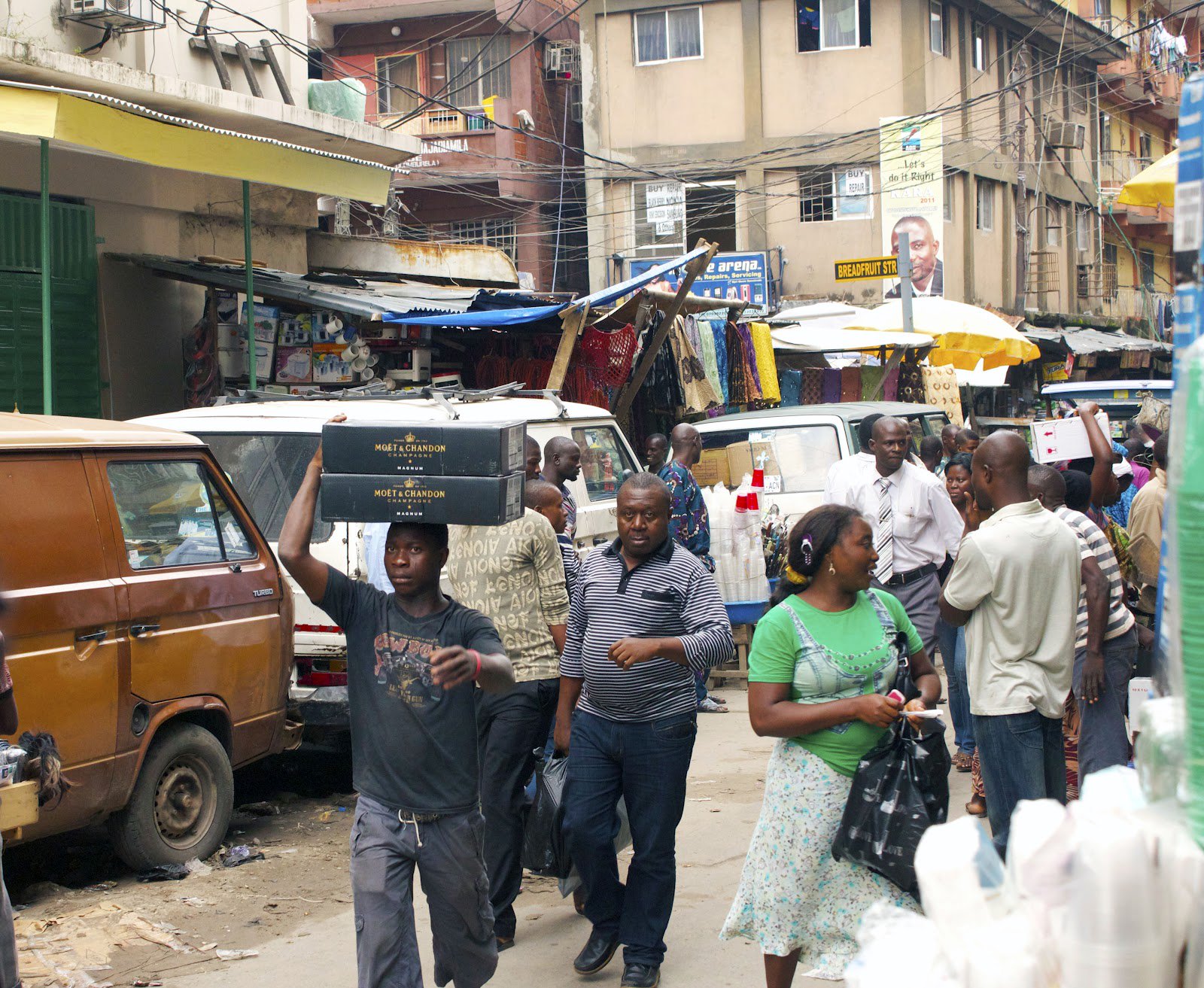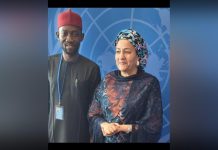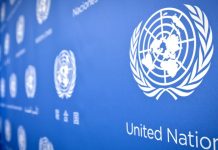There is an urgent human rights crisis in Nigeria reflected in the inhumane conditions in the country’s informal settlements, says visiting UN Special Rapporteur on the right to adequate housing, Leilani Farha.
“Most residents in Nigeria’s ballooning informal settlements, which house almost 70 per cent of the urban population, live without access to even the most basic services like running water and toilets. They lack any security of tenure, in constant fear of being evicted,” said Farha presenting a preliminary statement of her findings at the end of a 10-day visit.
“Successive governments have allowed economic inequality in Nigeria to reach extreme levels, a fact that is clearly evident in the housing sector. There is an estimated housing deficit of 22 million units, and 130 million people lack access to adequate sanitation. Meanwhile, newly built luxury dwellings are springing up throughout cities – made possible often through the forced eviction of poor communities.
“These units do not fulfil any housing need, with many remaining vacant, acting as vessels for money laundering or investment,” she said.
The Special Rapporteur also expressed concern that people living in poverty and homelessness are being rounded up by the police, detained, and fined or imprisoned for vagrancy. She noted that persons with disabilities are often held in punitive detention centres against their will, in deplorable conditions.
“Due to stigmatization and discrimination by landlords, both HIV/AIDS positive persons and members of the LGBT community are at particular risk of violations of their right to housing, and women experiencing violence in their homes or communities often have nowhere to go as emergency shelters are scarce through the country,” Farha said.
“I was shocked to see that the people most in need of protection and assistance by the State are instead persecuted, harassed, extorted, and even arrested and jailed without ever having committed a crime,” said Farha.
“The Government must take urgent measures to decriminalise homelessness and poverty, and declare a nationwide moratorium on forced evictions. These measures will improve the lives of those most in need, and they can be introduced immediately as they do not require Government spending.
“I recommend the establishment of a national truth commission to investigate gross human rights violations in the context of forced evictions and provide remedy to the victims,” Farha said.
She also encouraged the Government to prioritise the participatory upgrading of informal settlements and to adopt a rights-based national housing strategy, which recognises housing as a fundamental right in national law.
The Special Rapporteur urged the Government to address the grossly inadequate housing conditions with the urgency and rigour befitting a human rights crisis of this scale.
Farha will present a comprehensive report of her visit to the UN Human Rights Council in March 2020.







